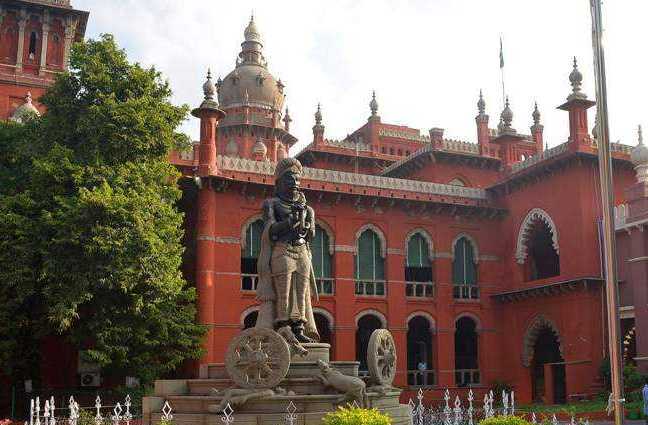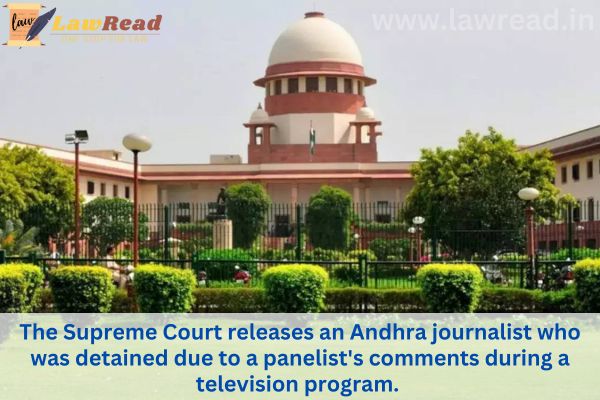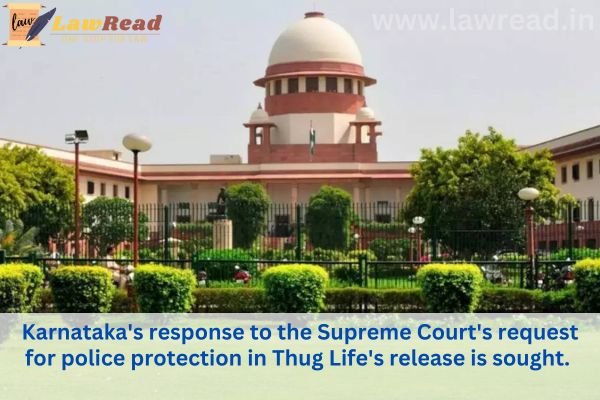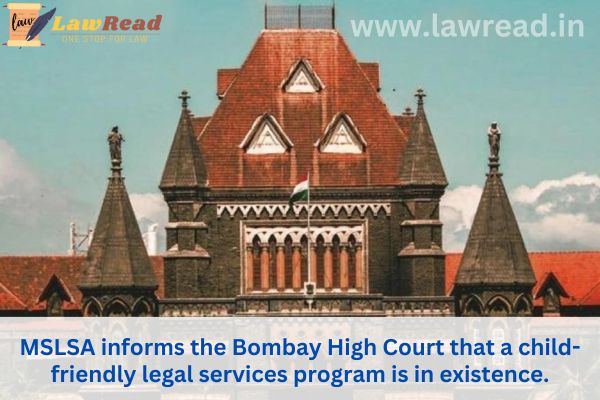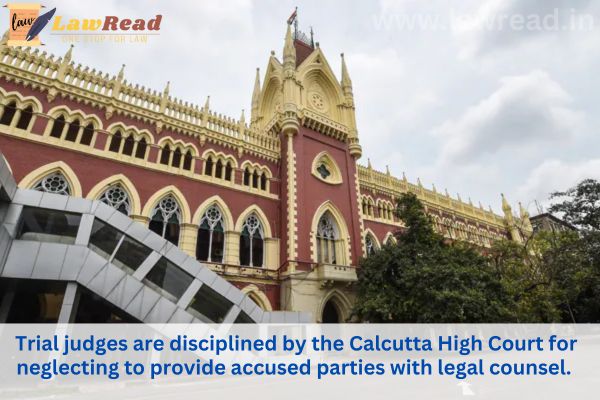News
.jpg)
According to Rule 4(9) of the National Highways Fee Rules,
the apex court permitted NHAI to continue collecting tolls at 75% of the ordinary rate.
The Supreme Court this week put on hold a Jammu & Kashmir High Court directive that had slashed toll charges by 80 percent at Lakhanpur and Bann Toll Plazas on National Highway 44 citing the incomplete state of the road. [National Highway Authority of India v. Sugandha Sawhney and Ors].
The High Court had said that
if a highway is in bad shape due to different nature of construction activities, the National Highways Authority of India (NHAI) or the concessionaire cannot collect toll tax from the commuters who use the highway.
Therefore, it had ordered that only 20 percent of the toll fee be collected at two plazas on the highway till the completion of the construction of road.
A Bench of the top court comprising Justices Abhay S Oka and Ujjal Bhuyan issued an interim stay on the order on April 15 after the NHAI filed an appeal against the same.
“Notice returnable on 19th May, 2025. There will be stay of this order,” the Supreme Court said.
NHAI can continue collecting toll at 75 percent of the standard rate as permitted by the existing rules, the Court added.
It scheduled the matter for further hearing on May 19.
Solicitor General (SG) Tushar Mehta, representing the NHAI, informed the court that the toll was already being collected at a reduced rate of 75 percent in line with Rule 4(9) of the National Highways Fee Rules, which allows such a reduction during the period of road upgradation.
Mehta argued that the High Court had overstepped its jurisdiction by directing an 80% reduction and alleged that the judicial interference was unwarranted given the regulatory framework already in place.
The High Court’s directive emerged from a Public Interest Litigation (PIL) seeking exemption of toll tax at the toll plazas - Lakhanpur, Thandi Khui and Bann, located on the national highway from Pathankot to Udhampur, which is undergoing construction under the Delhi-Amritsar-Katra Expressway project.
The PIL contended that it was unjust to charge full toll rates when commuters were forced to endure poor road conditions.
According to the petitioner, one Sugandha Sawhney, over two-thirds of the highway is still incomplete, and under Rule 3 of the 2008 Fee Rules, toll can be levied only upon full completion of construction.
The High Court agreed calling the toll collection “unfair” and ordering that it be reduced by 80 percent until the stretch is complete and validated by an independent agency.
The High Court’s order also extended beyond toll reductions. It directed that no two toll plazas be situated within 60 kilometers of each other, called for the removal of violators, and instructed the Union Ministry to re-evaluate and lower toll rates. It also ordered that authorities and contractors should not employ any person with criminal backgrounds at toll plazas and should mandatorily conduct police verification of such employees.
Subsequently, the NHAI moved the Supreme Court challenging the order on the ground that the High Court did not have the authority to interfere in toll rate matters governed by central rules.
After hearing the arguments, the Supreme Court stayed the order and issued notice.
Besides SG Mehta, advocates Nishant Awana, Rini Badoni, GS Awana, Rebecca Mishra and Mayank Chaudh appeared for NHAI.

